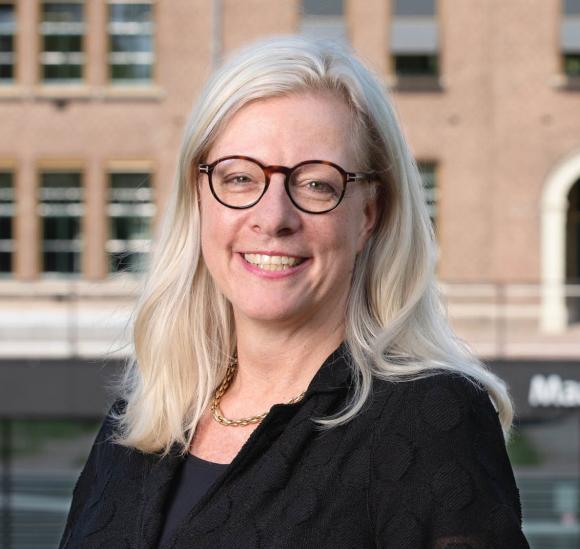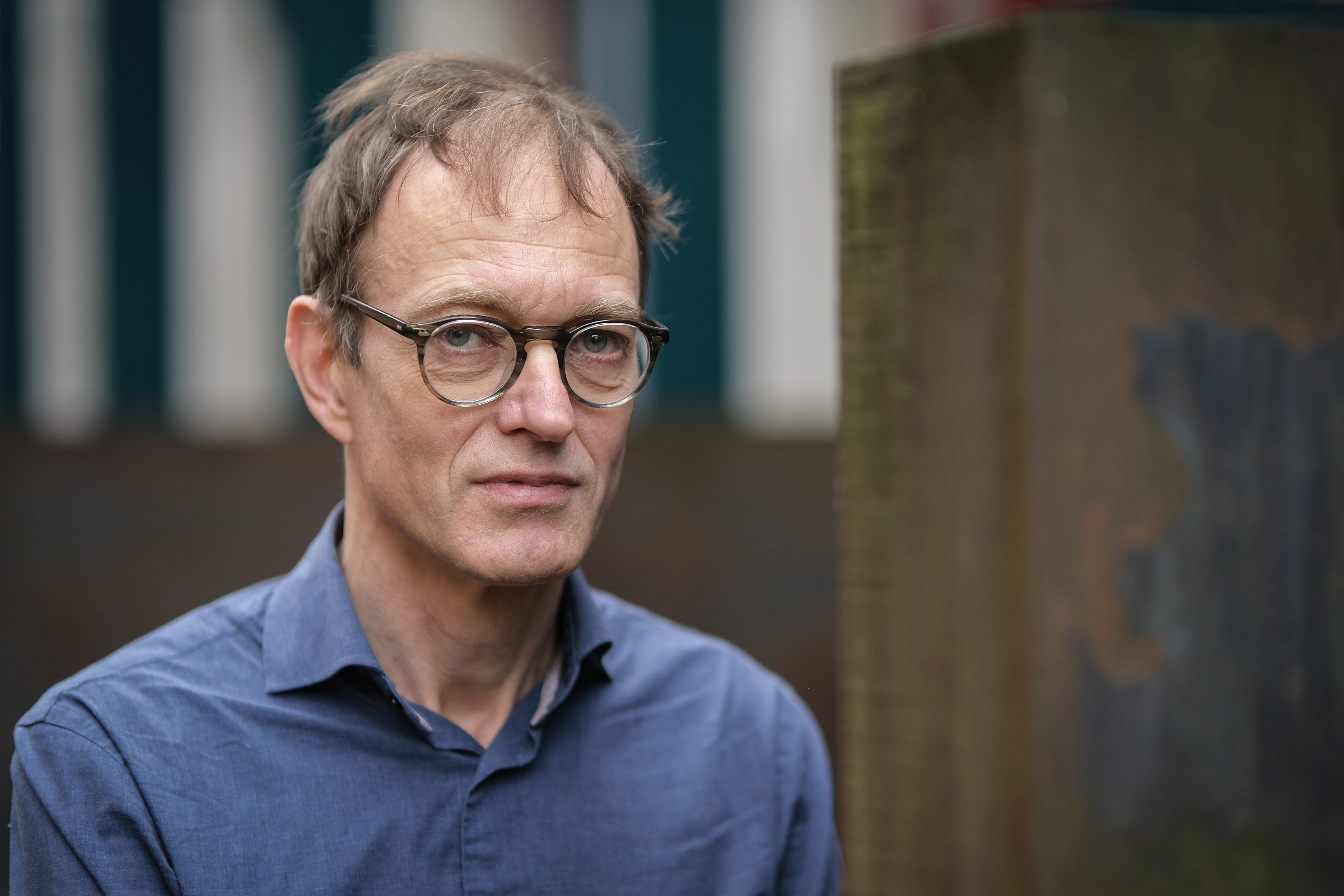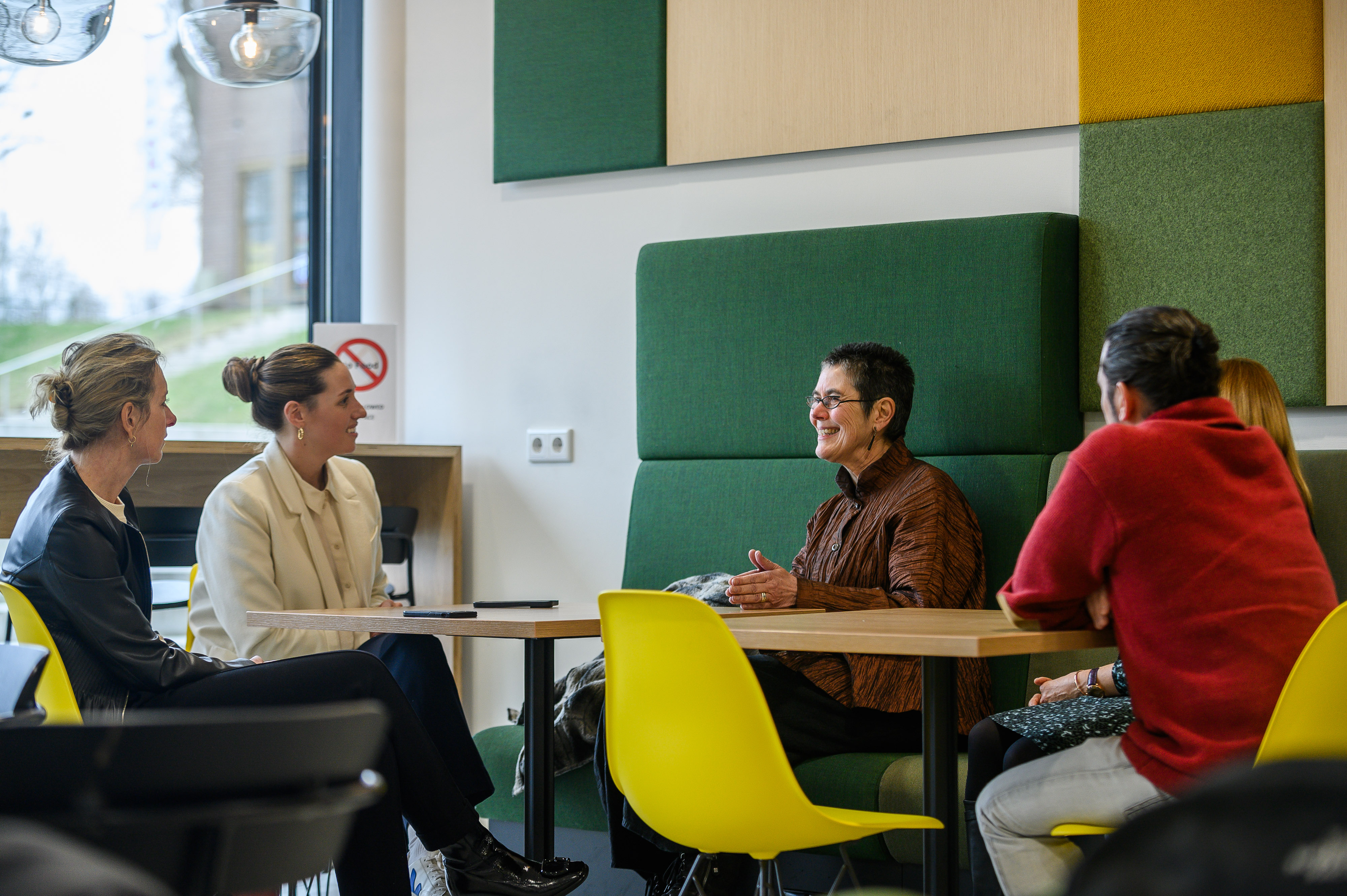News
-
Our lives are intertwined with smartphones, TVs, computer devices, and electronic appliances. However, the benefits they bring come at a price. Especially when consumers are encouraged to replace their devices rather than repair them.
-
Scientists at the biomedical MERLN Institute of Maastricht University and the Maastricht University Medical Center have succeeded in growing an embryo structure of human identical twins purely from stem cells, without using an egg or sperm cell. Thanks to this culture, scientists are now seeing for...
-
According to the latest figures from the HBO Monitor by the Research Center for Education and the Labor Market (ROA) at Maastricht University, college graduates are in a strong position in the labor market. Barbara Belfi, project manager and researcher at ROA, mentions, "With an unemployment rate of...
-
We are delighted to announce that Maastricht University School of Business and Economics has maintained its outstanding position in the 2024 CEO Magazine's Global MBA Rankings. Securing a Tier One Global MBA ranking, a 4th place in the Global Online MBA ranking, and an 8th place in the Global...
-
Scientists at the Maastricht MultiModal Molecular Institute (M4I) have developed an ‘intelligent surgery knife’, or iKnife. The European subsidy programme Interreg Flanders-Netherlands has made more than two million euros available for the further development of this technology.
-
Living brains in a laboratory and research on internet freedom –two of the ten nominees for the Klokhuis Science Prize this year are UM scientists. And you can also vote!
-
Pieter Jelle Visser was appointed professor at Maastricht University in 2022. He is engaged in research on Alzheimer's disease: the underlying causes and the possibilities for therapy. Visser has always been intrigued by the brain. Researching Alzheimer's fascinates him, not least because much can...
-
Founded 40 years ago, SBE started with only a handful of students and a motivated group of staff members experimenting with a new concept called Problem Based Learning. Since then, the School has grown to about 6,300 students and around 700 staff members, with education and research programmes in...
-
Three research consortia recently received 3.1 million euros from the Dutch Research Council (NWO) and the Dutch Arthritis Society (ReumaNederland) for research into the early detection of osteoarthritis. Two of these three are Maastricht based projects.
-
Researchers from Maastricht University and University Medical Centre Utrecht have shown that a ‘digital twin’ of 45 patients with heart failure can correctly predict the effectiveness of pacemaker treatment. A digital twin is a computer model that processes a variety of data from the clinic to...





